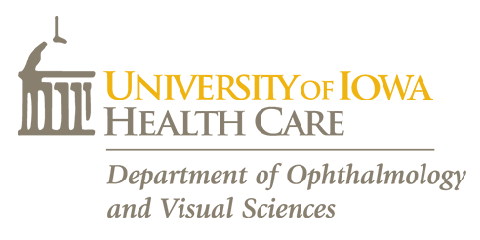SARS-Cov-2-- a novel coronavirus first reported in 2019 that causes COVID-19 in patients-- is known to primarily affect the respiratory system. However, studies have shown that COVID-19 can affect the eye as well.
32% (12/38) of patients with COVID-19 were reported to have conjunctivitis in a study from China. The patients had ocular signs and symptoms commonly found with conjunctivitis/pink eye (e.g. dilated conjunctival blood vessels, swelling, increased tear drainage, and/or increased secretions). Conjunctivitis was more common with more severe COVID-19 cases (https://jamanetwork.com/journals/jamaophthalmology/fullarticle/2764083). These patients' tears and conjunctival secretions may contain detectable SARS-Cov-2 (https://onlinelibrary.wiley.com/doi/full/10.1002/jmv.25725).
Note that coronaviruses can enter and infect the body through the eyes as it can with other mucus membranes. To reduce chances of infection, wash hands frequently for at least 20 seconds, avoid touching your eyes and face, and if you wear glasses, wash them frequently. Always wash your hands before contact lens insertion and removal, and do not wear contact lenses if your eyes are red.
Without widespread testing for SARS-Cov-2 in the U.S., and knowing that asymptomatic or mildly symptomatic people may spread the virus to others (who may be much more severely affected), the only way to limit the number of people who become infected is limiting interpersonal contact. Maintain 6 feet between yourself and other people; droplets in the air while speaking have been shown to travel less than 6 feet (https://www.cdc.gov/coronavirus/2019-ncov/php/risk-assessment.html). Recently the CDC recommended wearing face masks in public places in addition to physical distancing (https://www.cdc.gov/coronavirus/2019-ncov/prevent-getting-sick/cloth-fac...). Masks may prevent droplets in the air from entering another person’s respiratory tract. Because asymptomatic people can spread the infection, masks should be worn by everyone who is around other people. Cloth face masks, many of which are being made by helpful citizens around the world, are the recommended face protection for use in public. N95 respirators should be reserved for medical staff who are in close proximity to infectious patients; our medical staffs do not have sufficient masks and protective equipment and they are on the front lines. If you have a fever or respiratory symptoms such as coughing or difficulty breathing (with or without conjunctivitis), please stay home if possible and/or call ahead before visiting medical providers. The number to call for respiratory symptoms and concern for COVID-19 at the University of Iowa is: 319-384-9010.
In this time of uncertainty and concern, we would like to give a sincere thank you to Dr. Li Wenliang. Dr. Li, an ophthalmologist, was one of the first to notice SARS-like symptoms in 7 of his patients. He stepped up to raise awareness despite facing consequences from local officials. He was then forced to sign a form which stated wrongdoing for raising supposedly false alarms and prohibited him from continuing to speak on the matter. Dr. Li eventually developed COVID-19 himself, yet continued to share reports via social media from his hospital bed up until he passed away from the illness (https://www.ophthalmologytimes.com/article/li-wenliang-ophthalmologist-hero).

